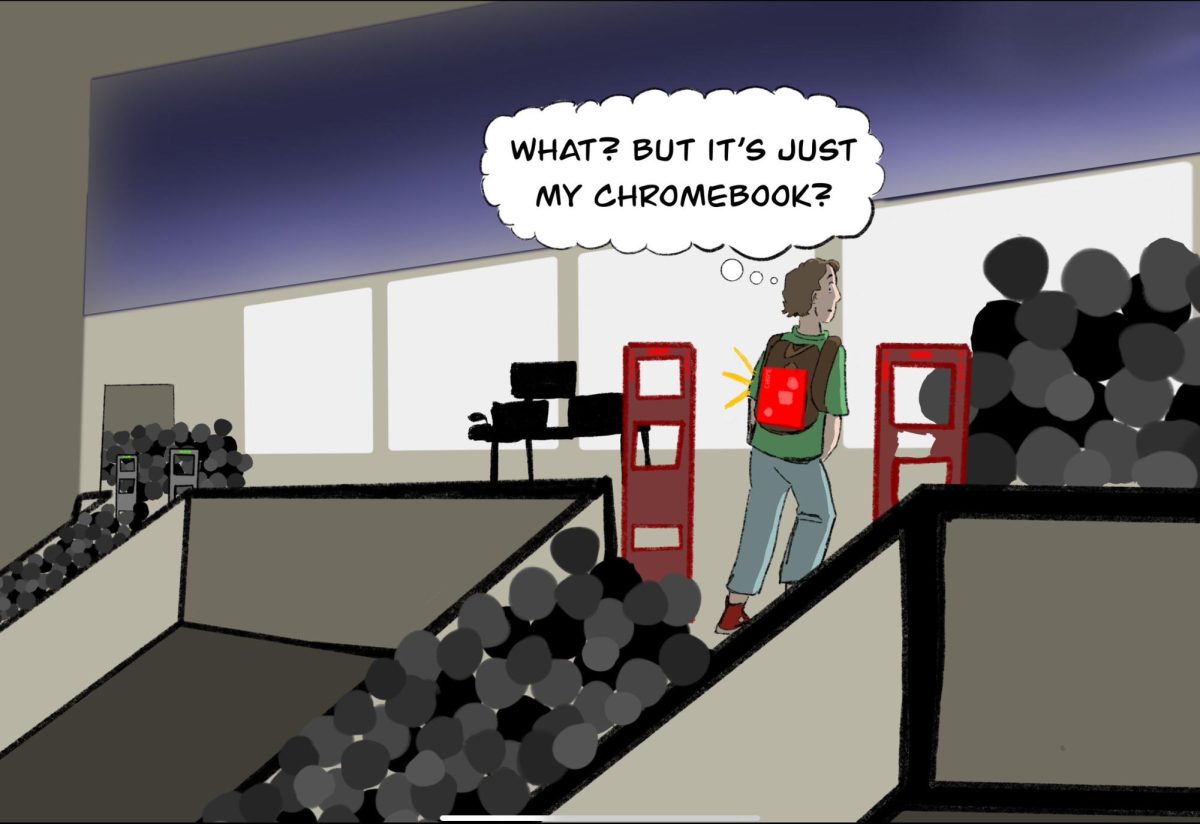
President Trump signed the new divisive Tax Cuts and Jobs Act into law on December 22nd, 2017. This bill is causing concern to many who are outside of the Republican Party’s conservative viewpoint, specifically, those that are categorized as ‘middle and lower class’ citizens, households that earn below $75,000 a year.
By most Republican and conservative Americans, the bill is viewed as a much needed overhaul while Democrats and liberal citizens see the bill as an oppressive piece of fiscal policy (government policy that regulates currency, taxes, and trade) that could further contribute to the nation’s rising debt. Through this bill, several changes to healthcare and environmental policy, as well as tax benefits through individual and corporate taxation will influence our country’s economy and create massive income tax benefits for the upper class citizens.
Many of the arrangements being made are set to expire after seven years.This means the individual provisions in the Tax Cuts and Jobs Act will revert back to the current tax law in 2025. However, there are still pieces of this bill that are meant to go on indefinitely, such as the corporate tax changes. This means that the new tax laws on corporations will continue on, in an effort to grow and bring businesses back to the United States.
It’s important to know how this bill will affect your community. Many Loy Norrix students and their parents are taxpayers, business owners, and working class citizens. Loy Norrix Economics teacher Ryan Allen has his own thoughts on how this new policy will affect the economic state of the country and the growth of new business.
“Having seen taxes for a lot of my life, I think it’s maybe a good thing that we cut tax on business, I think an issue economically for us is that we’ve had a lot of companies leave, and they have left because there are other countries out there that have a lesser tax rate for them,” Allen said about potential benefits that could be brought about by this bill.
The United States has some of the highest corporate tax rates in the world, businesses have to pay a lot more money in taxes here than they do in other countries. Also, other countries have fewer regulatory rules concerning labor laws on minimum wage, child labor, safety laws and manufacturing.
According to CNN Money, companies will no longer have to pay federal taxes on income made offshore, meaning businesses based in the U.S won’t be taxed on money they make from locations in other countries, and the corporate tax rate has been cut from 35 percent to 21 percent. This means the territorial system of taxation has been abolished, and the corporate tax rate is a lot lower than it was in the past, so businesses don’t have to pay as high of taxes as they did in the Obama-era. This will hopefully decrease unemployment in the U.S. and locally lower Kalamazoo’s 5.8 percent unemployment rate by leading businesses to manufacture in the United States and hire workers who live here.
Loy Norrix senior, Naomi Verne, believes these corporate tax cuts won’t be as helpful as Republicans believe.
“I think it [the Tax Cuts and Jobs Act] will hurt the economy in the long run. Slashing the corporate taxes from 35 percent to 20 percent will most likely bring some businesses back, but not at a fast pace. Businesses need skilled workers, which the U.S does not have a lot of. The demand for labor that fast would create inflation with the federal reserve, cause high interest rates and offset any benefit the bill offers,” said Verne
Verne believes this bill will only benefit the upper class and corporations, fearing that these tax cuts will harm the middle class.
The majority of Loy Norrix’s student population is middle and lower class, meaning they make below $75,000 a year. These types of households will likely experience a tax hike, according to Forbes magazine.
When asked about how this bill will affect working class families like the ones that Loy Norrix students come from, Allen said,
“Hopefully it gives them more money. I don’t think this bill is really meant to alleviate the middle class tax. I feel like this bill is supposed to stimulate economic growth, but from a capital goods point of view… factories, new assembly lines, new businesses opening up, that’s what I think it’s meant for.”
It’s obvious the Tax Cuts and Jobs Act is meant to cater to businesses, but many working class citizens fear these corporate tax breaks will hurt their families. Since the money to run the government has to come from somewhere, it’s believed it will now have to come from higher taxes on the poor and middle classes and the dissolving of welfare programs like Medicaid, food stamps, and Meals on Wheels.
Fifty-eight percent of Norrix’s student population is economically disadvantaged, households with income below $25,000 a year, and many of our families benefit from government assistance such as the federal free lunch program which may end up losing funding due to the changes being made with this bill.
Loy Norrix senior Alli Mitchell feels differently from the conservative point of view, she believes the bill will affect the lower and middle classes negatively and sees no real benefits.
“I think the Tax Cuts and Jobs Act will hurt the middle and lower classes since the tax cuts are not directed towards these classes. Instead, they will benefit the top percent who should not receive tax cuts since they make the most money. It will only benefit the wealthiest Americans instead of helping the lower classes,” said Mitchell.
This bill is a part of many divisive pieces of policy that President Trump has either passed into law or promised to pass. Hopefully, the benefits of the Tax Cuts and Jobs Act outweighs any negative consequences and creates growth for the American economy without hurting middle class families like those at Loy Norrix, but only time will tell.









